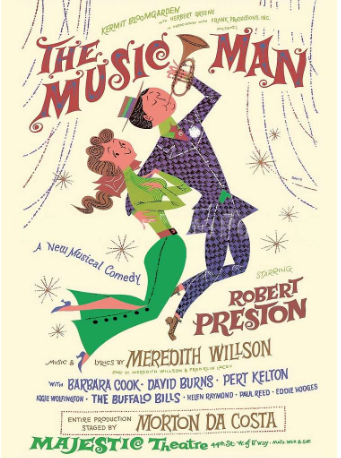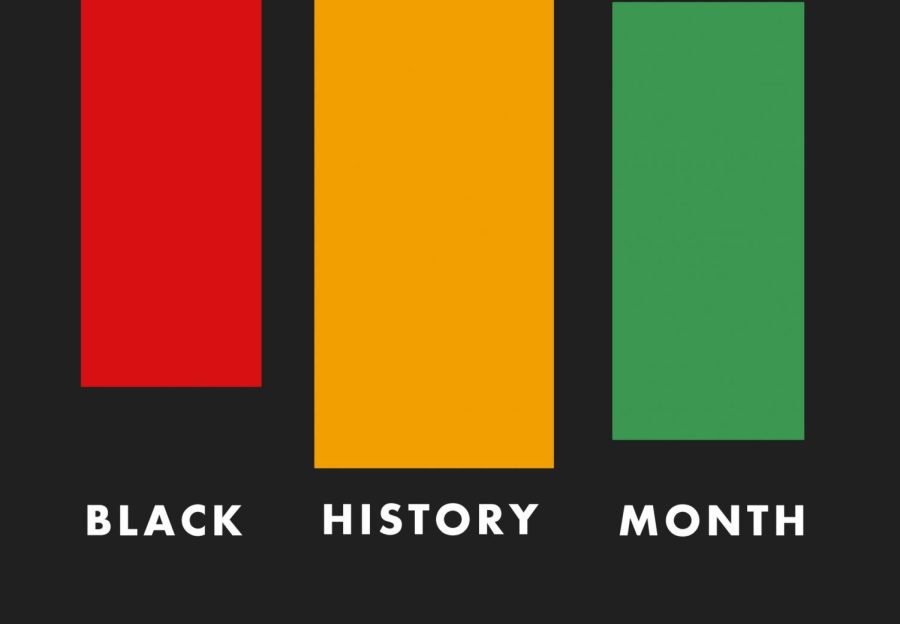The Story of Black History Month
February 28, 2023
February is Black History Month, but what does that mean? Black History Month celebrates the accomplishments and the significant role African Americans played in building U.S. history. This month-long celebration started as a national week in 1926 and became officially recognized as “Black History Month” in 1976.
Why February? The typical assumption is that something dramatic happened this month. However, it is actually intended to honor the birthdays of Abraham Lincoln and Frederick Douglass, both of whom were born in February. Abraham Lincoln, the 16th president of the United States, issued the Emancipation Proclamation, which led to the freedom of enslaved people. Frederick Douglass escaped slavery in 1838 and became a prominent speaker and writer. These individuals have had a profound impact on the history of the United States and deserve recognition.
Should all Americans acknowledge this month? While this question sparks controversy, a more straightforward inquiry would be: “Should all schools acknowledge Black History Month?” The answer is a resounding yes. It doesn’t have to be an elaborate celebration, but a simple recognition of this international observance. Black history is commemorated at various times in the United States and around the world. In contrast to February, the Netherlands, Ireland, and the U.K. celebrate Black History Month in October.
There are countless fascinating facts that not everyone may be aware of. For instance, the United States selects a different theme for Black History Month each year. This year’s theme is “Black Resistance.” Additional interesting facts related to Black History Month include the opening of the first public high school for African Americans in 1870 and the role of a Black jazz singer who inspired the beloved character Betty Boop. Claudette Colvin, at the age of 15, refused to give up her seat on a bus before Rosa Parks famously did.
If you choose to commemorate this month, there are numerous ways to do so. Supporting local black-owned businesses, donating to anti-racism charities like the Black Youth Project, and promoting the works of black authors through book purchases or sharing can all make a significant impact on people’s lives.
Black History Month may be a sensitive subject for some individuals, but it is an annual observance that merits recognition.







































